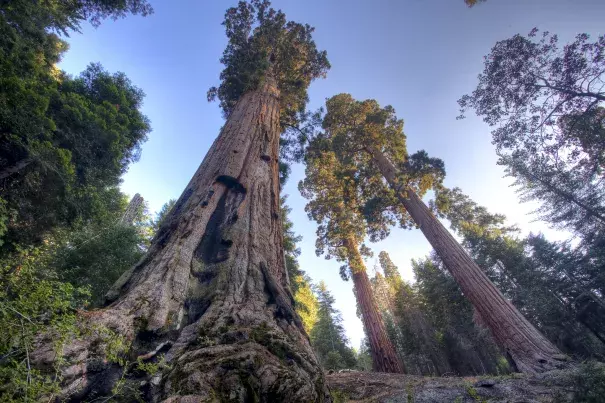Giant Sequoias Falling Victim To Climate Change, Study Says

Signals Summary: Climate change is causing warmer and drier conditions that contribute to the spread of the bark beetle outbreaks, which can increase wildfire risk.
Article Excerpt: California's giant sequoia trees, once thought to be invincible except to collapse under their own massive weight after thousands of years of growth, are being taken down by tiny beetles whose proliferation has been fueled by climate change.
More than two dozen sequoias have died in Sequoia and Kings Canyon national parks since 2014, and preliminary results from a joint study by the National Park Service and the U.S. Geological Survey showed that a combination of drought, fire damage and bark beetle infestation were to blame, the Guardian reported. Final results of the study are due to be released later this year.
...
"All 28 of those showed signs of beetle attack. Twenty-eight is a small number, but it's very concerning for what it might portend for the future," Christy Brigham, chief of resource management and science at Sequoia and Kings Canyon national parks, told E&E News.
...
Research has shown that bark beetles reproduce faster in warmer temperatures, according to the U.S. Forest Service, and trees that are stressed by things like drought and fire exposure are more susceptible to infestations. California has been stricken by all three of those factors in recent years.


